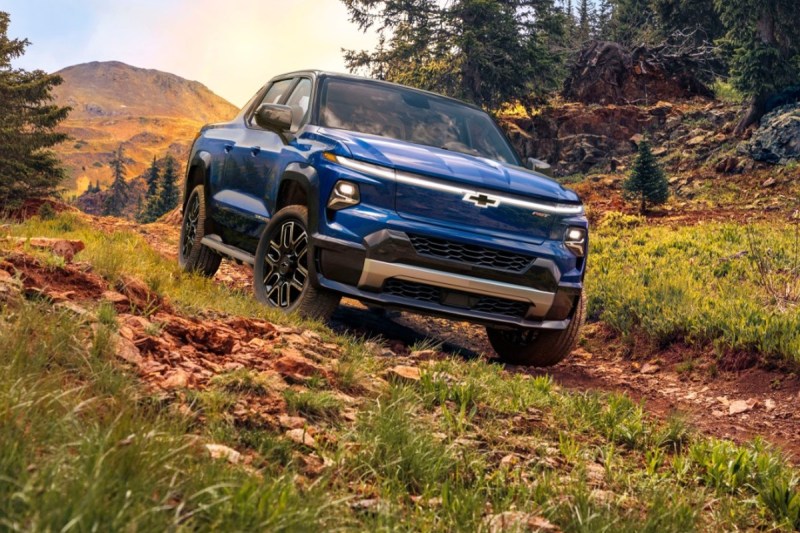News broke in the last few days that might just inject rocket fuel into the burgeoning EV economy.
On September 20, Massachusetts and Washington joined together on a webinar to reveal joint plans to wind down new gas vehicle sales by 2035. That’s when new gas car sales are now legislated to cease. And on September 23, GM and Hertz announced a deal to add 175,000 various electric vehicles over the next five years (per Reuters).

Washington Governor Jay Inslee actually divulged this news four weeks ago when he tweeted that the Evergreen State would follow California into the future by ceasing gas engine production over the next 13 years.
The partnered presentation (in accordance with New York City Climate Week) laid out how the two states will be following California’s precedent-setting example in planning to curb new combustible vehicles and incentivize electric car companies in the name of fighting climate change.
This is a critical milestone in our climate fight. Washington set in law a goal for all new car sales to be zero emissions by 2030 and we’re ready to adopt California’s regs by end of this year. https://t.co/r6jchISD7O
— Governor Jay Inslee (@GovInslee) August 24, 2022
California created the Advance Clean Cars program “to guide the development of environmentally advanced cars that will continue to deliver the performance, utility and safety car owners have come to expect.”
“We are second in the nation for EV adoption, so that just shows that we have an amazing potential to really ramp up fast as ACC-1 and ACC-2 take effect,” Joel Creswell, Washington’s climate policy section manager in the department of ecology, said during the presentation.
Not only is this directing EV production in the Golden State, which, under the Clean Air Act, has already enabled 17 additional states and the District of Columbia to adopt the same standards, but these rules are meant to empower both a transition to EVs in the public and private sectors.
“It’s only with the support of the private sector now adopting (zero-emission electric vehicles) in their fleets and building up that charging infrastructure that we’re able to do it,” Creswell said.
Knowing that there are government promises in place to build an EV infrastructure encourages companies like GM and Hertz to make huge, long-term investments in manufacturing and utilizing battery-powered cars, which, in turn, is meant to create a critical mass of consumers.
“We give consumers the ability to try an EV before they buy it by renting one from Hertz. We give corporations the ability to reduce their carbon footprint by renting an EV when their employees are traveling. We’re working closely with our airport partners, making sure that there’s enough power infrastructure and bringing in chargers for not only the Hertz locations but for the general public,” Steve Schur, vice president, government affairs and EV Strategy at Hertz, said.
Not only is this a joint effort toward a more sustainable future for the planet, it’s meant to uplift localities that can benefit from EV adoption. In addition to meeting Massachusetts’ climate goals, Kirby stressed the state’s “focus on environmental justice,” which includes transitioning diesel vehicles like school and transit buses to electric power, thus benefiting “communities that may be overburdened by air pollution.”
According to Reuters, Hertz Senior Vice President Jeff Nieman said that while the car rental company plans to offer EVs across its network, priority will go to urban areas affected by smog, like Los Angeles, San Francisco, Miami, and Orlando. The news agency reported that Hertz estimated customers could travel more than 8 billion miles in the 175,000 GM EVs, potentially saving about 1.8 million tons of carbon dioxide-equivalent emissions in replacing their gasoline-powered cousins.



